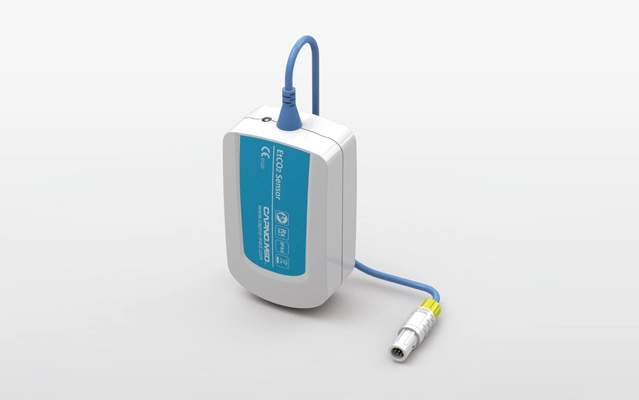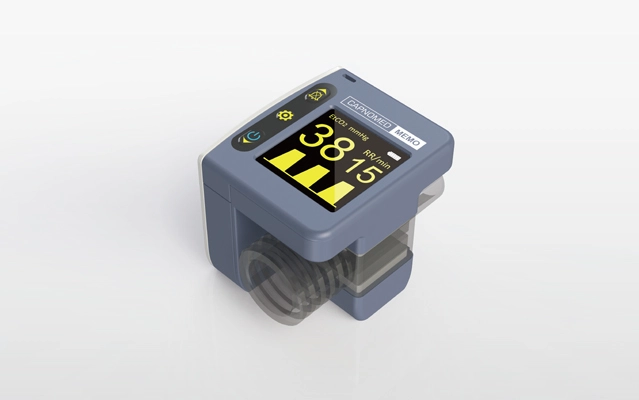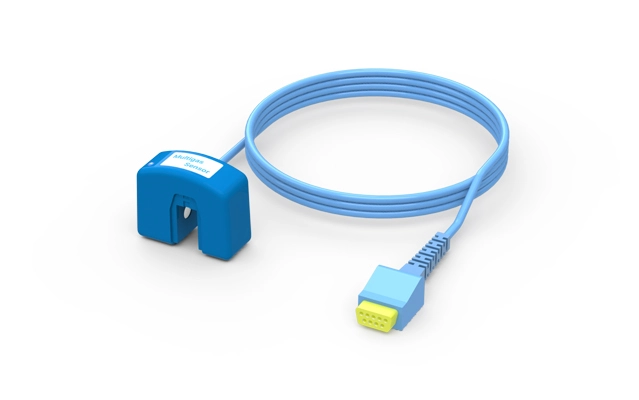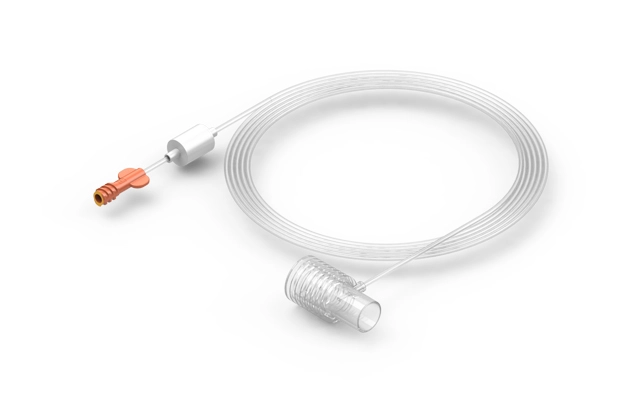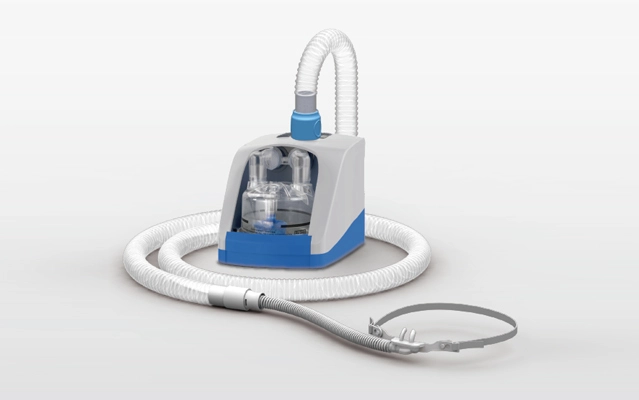In the dynamic landscape of modern healthcare, the quest for comprehensive and real-time patient monitoring has led to the emergence of innovative technologies. Among these, EtCO2 adaptors have taken center stage, playing a pivotal role in bridging the gap in patient monitoring. These adaptors, designed to measure end-tidal carbon dioxide levels, offer a seamless integration that enhances the precision and breadth of respiratory assessment. Let's delve into how EtCO2 adaptors are revolutionizing patient monitoring and ushering in a new era of connectivity.
The Technology Behind EtCO2 Adaptors
Decoding End-Tidal Carbon Dioxide Monitoring:
End-tidal carbon dioxide (EtCO2) monitoring is a crucial component of respiratory assessment, providing insights into a patient's ventilation and metabolic status. EtCO2 represents the concentration of carbon dioxide at the end of exhalation, offering valuable information about the efficiency of gas exchange in the lungs. EtCO2 adaptors are designed to capture and translate this data into actionable insights for clinicians.
Seamless Integration with Patient Monitors:
One of the defining features of EtCO2 adaptor is their ability to seamlessly integrate with existing patient monitoring systems. These adaptors bridge the gap by connecting directly to patient monitors, ensuring that respiratory data is incorporated into the comprehensive set of vital signs being monitored. This integration provides clinicians with a holistic view of a patient's physiological status, facilitating more informed decision-making.
Advancing Respiratory Assessment with EtCO2 Adaptors
Comprehensive Ventilation Monitoring:
EtCO2 adaptors enhance respiratory assessment by offering comprehensive ventilation monitoring. The continuous measurement of EtCO2 levels allows clinicians to observe the entire respiratory cycle, providing insights into inhalation, exhalation, and the phases in between. This level of granularity in respiratory data contributes to a more thorough understanding of a patient's respiratory dynamics.
Critical Insights in Real Time:
Real-time monitoring is a hallmark of EtCO2 adaptors. The immediate feedback on changes in EtCO2 levels enables clinicians to respond promptly to fluctuations in a patient's respiratory status. This capability is particularly crucial in critical care settings where swift interventions can make a significant difference in patient outcomes.
Applications Across Healthcare Settings
Critical Care and Emergency Medicine:
In critical care and emergency medicine, where timely and accurate information is paramount, EtCO2 adaptors shine as indispensable tools. The ability to monitor EtCO2 levels in real time aids clinicians in the early detection of respiratory distress, guiding interventions and optimizing ventilator settings. This is especially crucial in scenarios where patients may experience sudden changes in respiratory function.
Procedural Sedation and Anesthesia:
EtCO2 adaptors play a vital role in procedural sedation and anesthesia management. By monitoring EtCO2 levels during these procedures, clinicians can ensure that patients are ventilating adequately and detect signs of respiratory compromise early on. This application enhances patient safety during sedation and anesthesia, contributing to the overall success of medical interventions.
Connectivity Unleashed: EtCO2 Adaptors in the Future of Patient Monitoring
Integration with Telehealth Platforms:
As telehealth becomes an integral part of healthcare delivery, EtCO2 adaptors are poised to integrate seamlessly with telehealth platforms. This connectivity enables remote monitoring of respiratory parameters, allowing healthcare providers to assess patients in real time, even from a distance. The potential for remote EtCO2 monitoring opens new avenues for patient care and expands the reach of advanced respiratory assessment.
Data Analytics for Enhanced Insights:
The data generated by EtCO2 adaptors holds immense potential for analytics. By harnessing the power of data analytics, clinicians can derive deeper insights into respiratory patterns, trends, and anomalies. This analytical approach contributes to a more personalized and targeted approach to patient care, unlocking new possibilities for precision medicine.
Transforming Patient Monitoring Dynamics
EtCO2 Adaptors: A Catalyst for Change
In conclusion, EtCO2 adaptors stand as a catalyst for change in patient monitoring dynamics. By seamlessly integrating with existing systems, advancing respiratory assessment, and embracing the future of connectivity, these adaptors are transforming the way clinicians monitor and respond to respiratory status. As technology continues to advance, EtCO2 adaptors are at the forefront of the evolution toward more comprehensive, real-time, and personalized patient care. Bridging the gap in patient monitoring, EtCO2 adaptors are shaping a future where respiratory assessment is not only precise but also interconnected, contributing to improved outcomes and an enhanced standard of care.
 English
English
